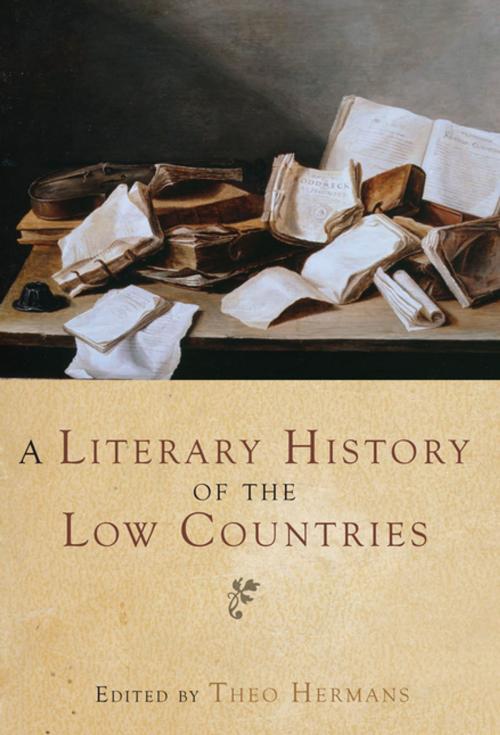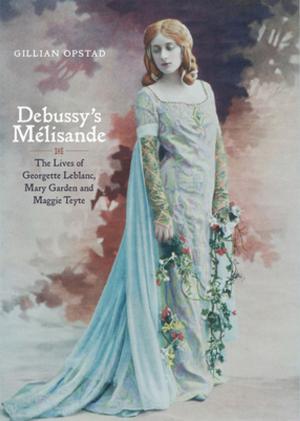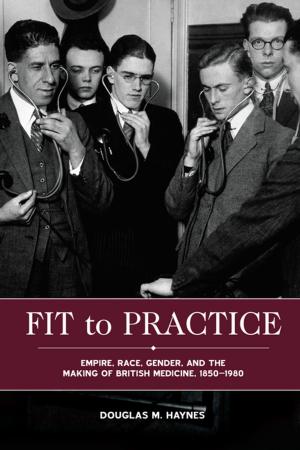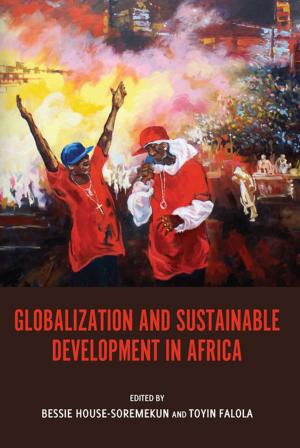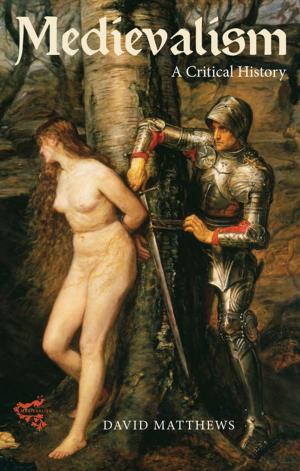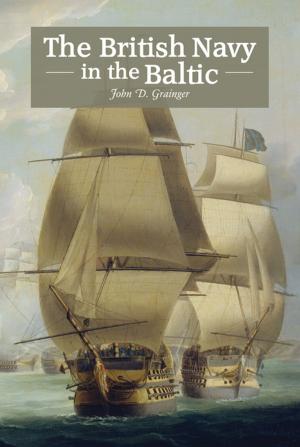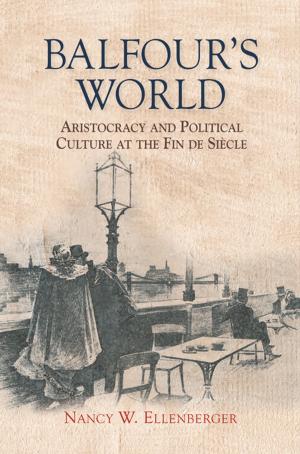A Literary History of the Low Countries
Fiction & Literature, Literary Theory & Criticism, European, Nonfiction, History, European General| Author: | ISBN: | 9781571138507 | |
| Publisher: | Boydell & Brewer | Publication: | October 2, 2009 |
| Imprint: | Camden House | Language: | English |
| Author: | |
| ISBN: | 9781571138507 |
| Publisher: | Boydell & Brewer |
| Publication: | October 2, 2009 |
| Imprint: | Camden House |
| Language: | English |
What was the written culture behind visual artists like Vermeer, Rembrandt, and Rubens? What made the historical novel in nineteenth-century Flanders so different from its counterpart in Holland? What was the literary impact of the huge colonial empires run by the Netherlands and Belgium? What role did Latin, French, and Frisian play in the literary culture of the Low Countries through the ages? Why is experimental writing so prevalent in modern Dutch literature? What has made Cees Nooteboom an internationally acclaimed author? And how does Flemish relate to Dutch anyway? This first literary history of the Netherlands and Flanders in English since the 1970s answers these and many other questions. Written by a team of Dutch and Flemish subject specialists, it offers a comprehensive and authoritative account of the literature of the Dutch-speaking area from the medieval period up to the present day. While it focuses on literature written in Dutch, it also assesses the significance of writings in French, Latin, and Frisian. Contributors: Ton Anbeek, Willem van den Berg, Jaap Goedegebuure, E. K. Grootes, Anne Marie Musschoot, Frits van Oostrom, Herman Pleij, M. A. Schenkeveld-van der Dussen, Marleen de Vries. Theo Hermans is Professor of Dutch and Comparative Literature at University College London.
What was the written culture behind visual artists like Vermeer, Rembrandt, and Rubens? What made the historical novel in nineteenth-century Flanders so different from its counterpart in Holland? What was the literary impact of the huge colonial empires run by the Netherlands and Belgium? What role did Latin, French, and Frisian play in the literary culture of the Low Countries through the ages? Why is experimental writing so prevalent in modern Dutch literature? What has made Cees Nooteboom an internationally acclaimed author? And how does Flemish relate to Dutch anyway? This first literary history of the Netherlands and Flanders in English since the 1970s answers these and many other questions. Written by a team of Dutch and Flemish subject specialists, it offers a comprehensive and authoritative account of the literature of the Dutch-speaking area from the medieval period up to the present day. While it focuses on literature written in Dutch, it also assesses the significance of writings in French, Latin, and Frisian. Contributors: Ton Anbeek, Willem van den Berg, Jaap Goedegebuure, E. K. Grootes, Anne Marie Musschoot, Frits van Oostrom, Herman Pleij, M. A. Schenkeveld-van der Dussen, Marleen de Vries. Theo Hermans is Professor of Dutch and Comparative Literature at University College London.
